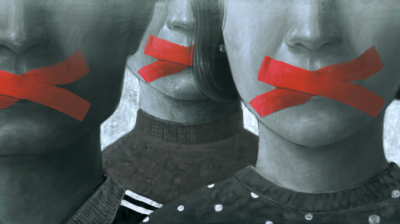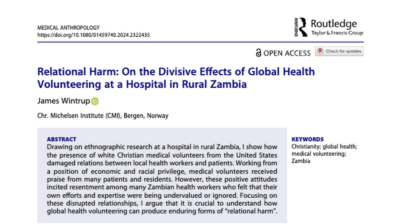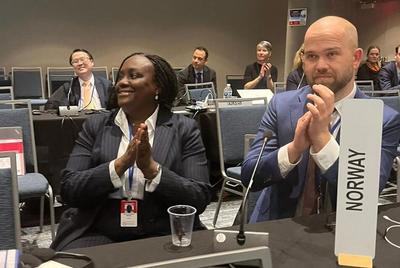Spanish version: Buena gobernabilidad en iniciativas de medicamentos: Explorando las lecciones aprendidas
Corruption in the pharmaceutical system results in wasted resources, limited access to health services and reduced health gains. In this U4 Issue paper, we examine select global initiatives in the area of good governance and medicines that have been applied since the year 2000. These initiatives taken by the World Bank, the WHO and the Global Fund, as well as the Medicines Transparency Alliance, have been particularly useful in generating a political and policy dialogue around the issue of pharmaceutical system good governance. The main findings include that these initiatives identify weaknesses in the pharmaceutical system and can provide important baseline data. They have had the most value in generating a greater awareness about the issue, and in some instances they have also created important multi-stakeholder alliances and implemented sector-specific governance initiatives. However, there is often a significant gap between the identification of problems, the strategic design to address problems and their implementation. The tools used are often focused on the rules, procedures and practices that are assumed to prevent corrupt practices in the public sector, but they may not capture sufficiently well the complex dynamics that lead to corruption. Recommendations include the need for political analysis, and monitoring and evaluation--particularly with regard to the measurement of results--and the streamlining and uniformity of assessment tools across institutions.
http://www.u4.no/themes/health-sector/





